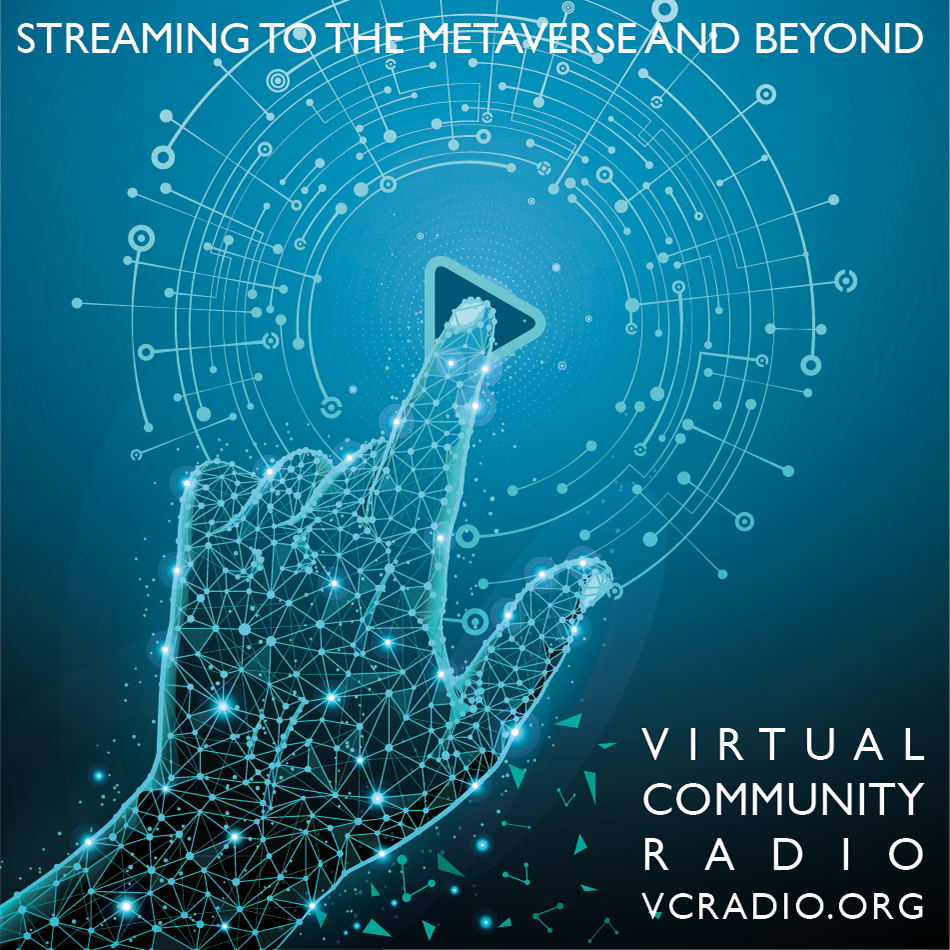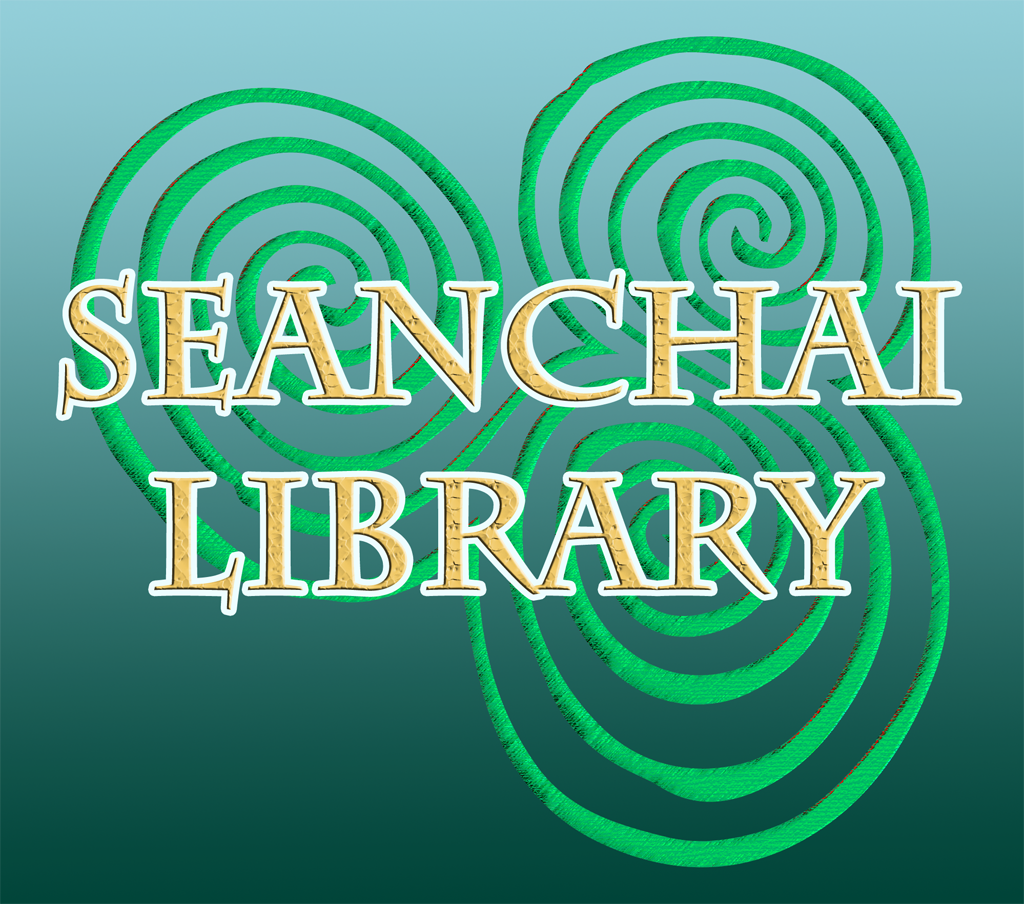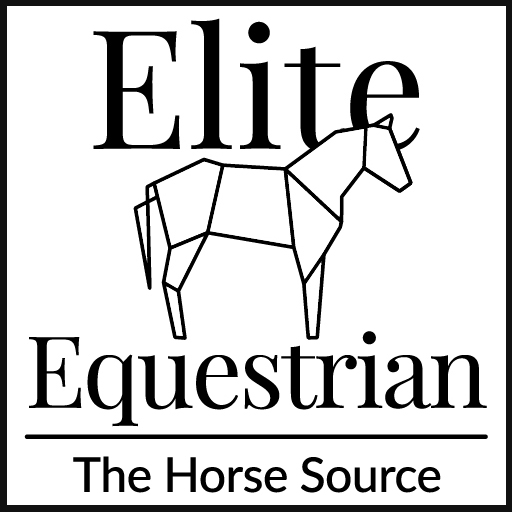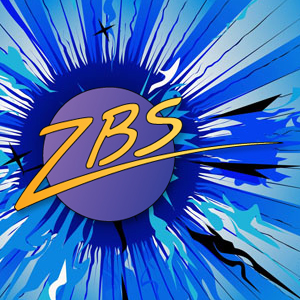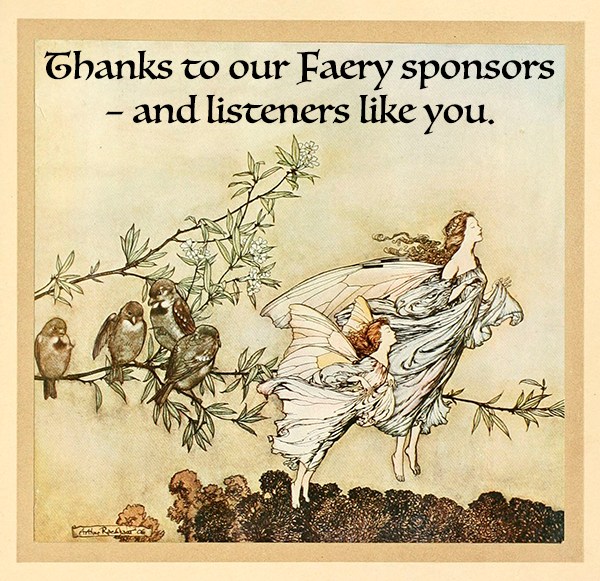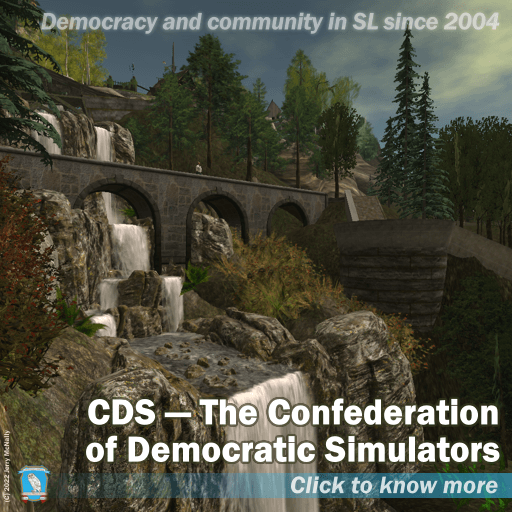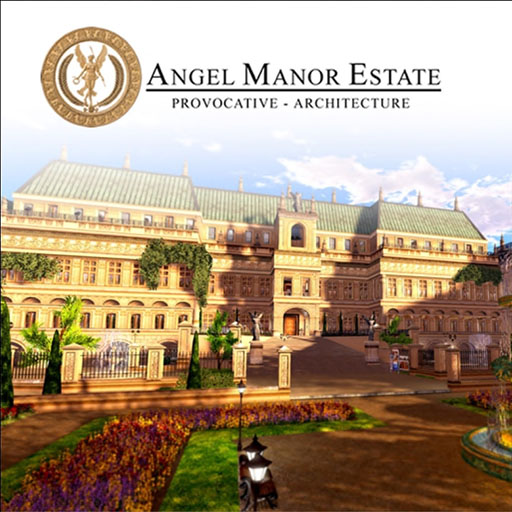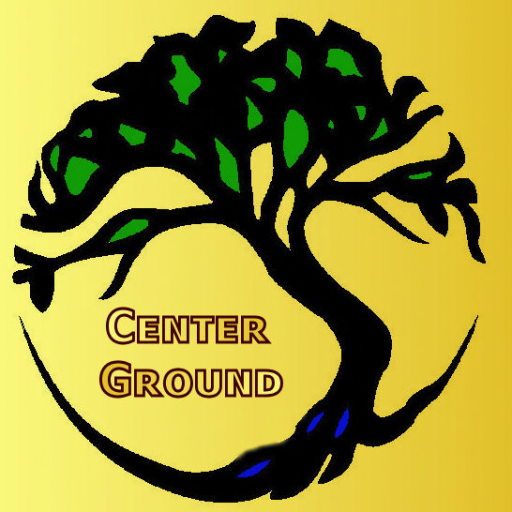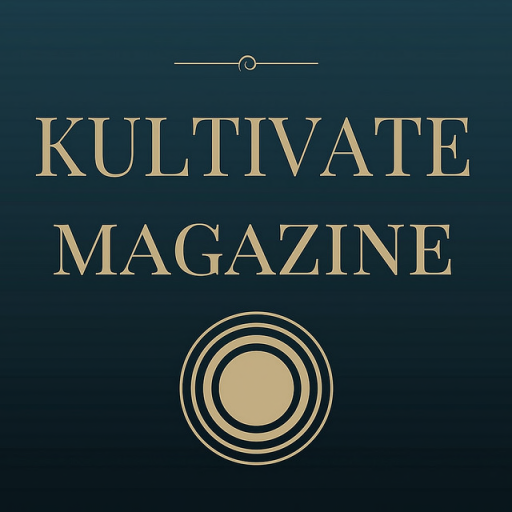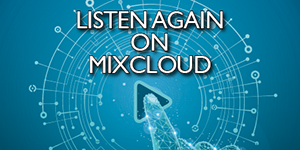A Burns Supper
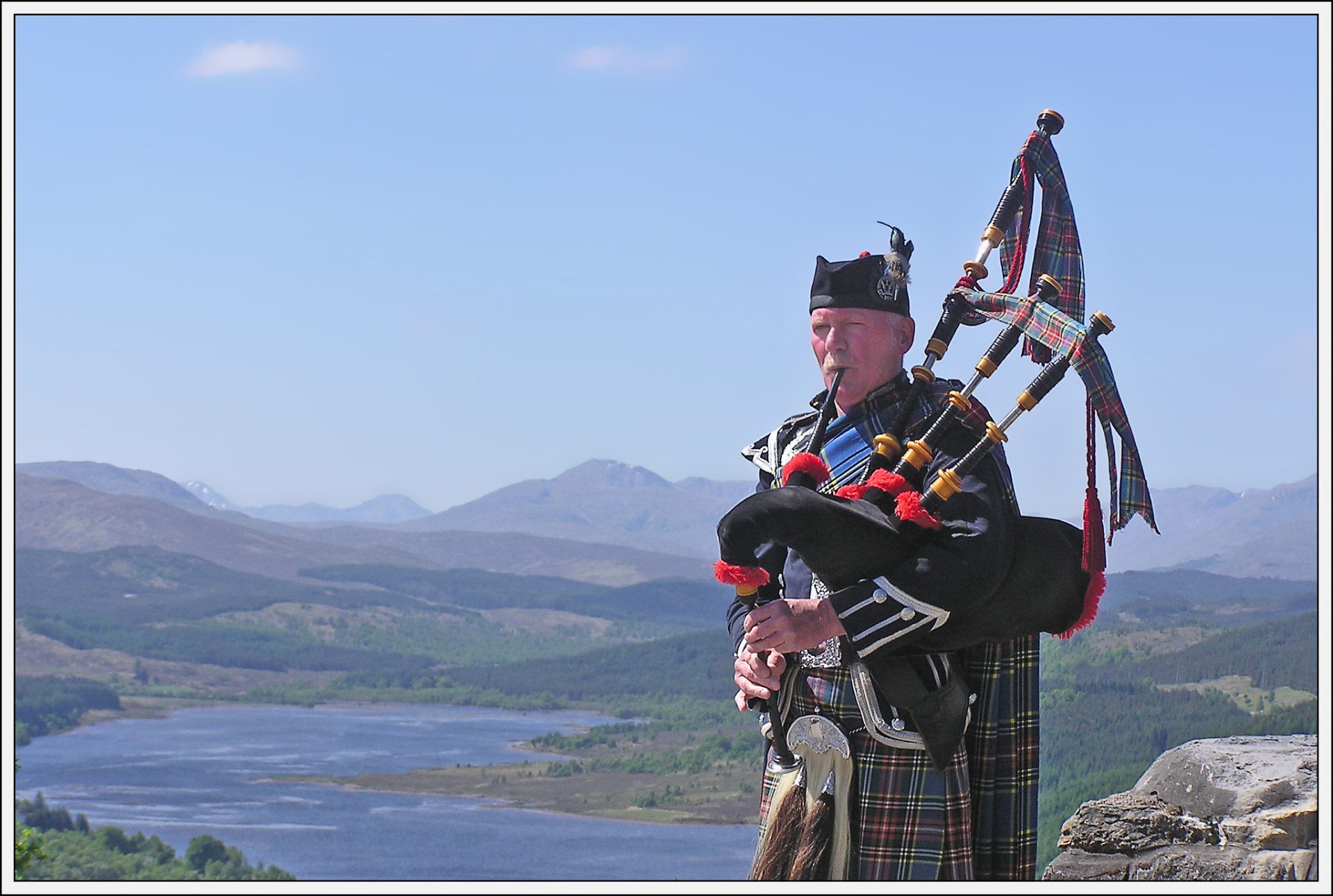
Yesterday, 25th January, was the anniversary of the birth of Robert Burns, and today we’re bringing you a programme of traditional and modern music from Scotland (with plenty of bagpipes of course), and then, at 12:30pm and 4:30pm Pacific Time (8:30pm and 00:30 GMT) we are presenting a complete Burns Supper, courtesy of the late-lamented Scots Independent Newspaper. Yes, we’re a day late, but in fact a Burns Supper only needs to be more or less around the 25th — the Dundee branch of the Scottish National Party, for example, is having theirs on-line on February 5th!
In addition, today sees a new edition of our original series, “Where Have You Been?”, where we discuss things to do and places to see around the Second Life Grid, at 12 noon and 4pm Pacific, 8pm and midnight in the UK. In this episode, the second of our second series, we visit the Janus Galleries.
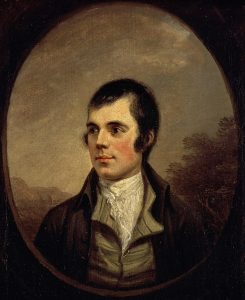 Robert Burns (25 January 1759 – 21 July 1796) is widely regarded as the national poet of Scotland, and is celebrated worldwide. He is the best-known of the poets who have written in the Scots language, although much of his writing is also in English and a ‘light’ Scots dialect, accessible to an audience beyond Scotland. He also wrote in standard English, and in these pieces, his political or civil commentary is often at its most blunt.
Robert Burns (25 January 1759 – 21 July 1796) is widely regarded as the national poet of Scotland, and is celebrated worldwide. He is the best-known of the poets who have written in the Scots language, although much of his writing is also in English and a ‘light’ Scots dialect, accessible to an audience beyond Scotland. He also wrote in standard English, and in these pieces, his political or civil commentary is often at its most blunt.
He is regarded as a pioneer of the Romantic movement and after his death became an important source of inspiration to the founders of both liberalism and socialism. A cultural icon in Scotland and among Scots who have relocated to other parts of the world (the Scottish Diaspora), celebration of his life and work became almost a national charismatic cult during the 19th and 20th centuries, and his influence has long been strong on Scottish literature.
 Burns Night, effectively a second national day, is celebrated on 25 January with Burns Suppers around the world, and the format has not changed since Robert’s death in 1796. The basic Supper starts with a general welcome and announcements followed by the Selkirk Grace. Immediately after this comes the piping-in of the Haggis, after which Burns’s famous address To A Haggis is read, and the haggis is cut open. The event usually allows for people to start eating just after the haggis is presented. This is when the reading called The Immortal Memory, an overview of Robert’s life and work, is given; the event usually concludes with the singing of Auld Lang Syne. The progress of the Supper is generally accompanied by poetry readings and music on the pipes and other instruments, especially including renderings of works by The Bard of Ayrshire.
Burns Night, effectively a second national day, is celebrated on 25 January with Burns Suppers around the world, and the format has not changed since Robert’s death in 1796. The basic Supper starts with a general welcome and announcements followed by the Selkirk Grace. Immediately after this comes the piping-in of the Haggis, after which Burns’s famous address To A Haggis is read, and the haggis is cut open. The event usually allows for people to start eating just after the haggis is presented. This is when the reading called The Immortal Memory, an overview of Robert’s life and work, is given; the event usually concludes with the singing of Auld Lang Syne. The progress of the Supper is generally accompanied by poetry readings and music on the pipes and other instruments, especially including renderings of works by The Bard of Ayrshire.
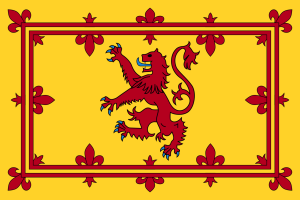 The content of our own Burns Supper here on Virtual Community Radio will be as follows:
The content of our own Burns Supper here on Virtual Community Radio will be as follows:
Music courtesy of Greentrax


